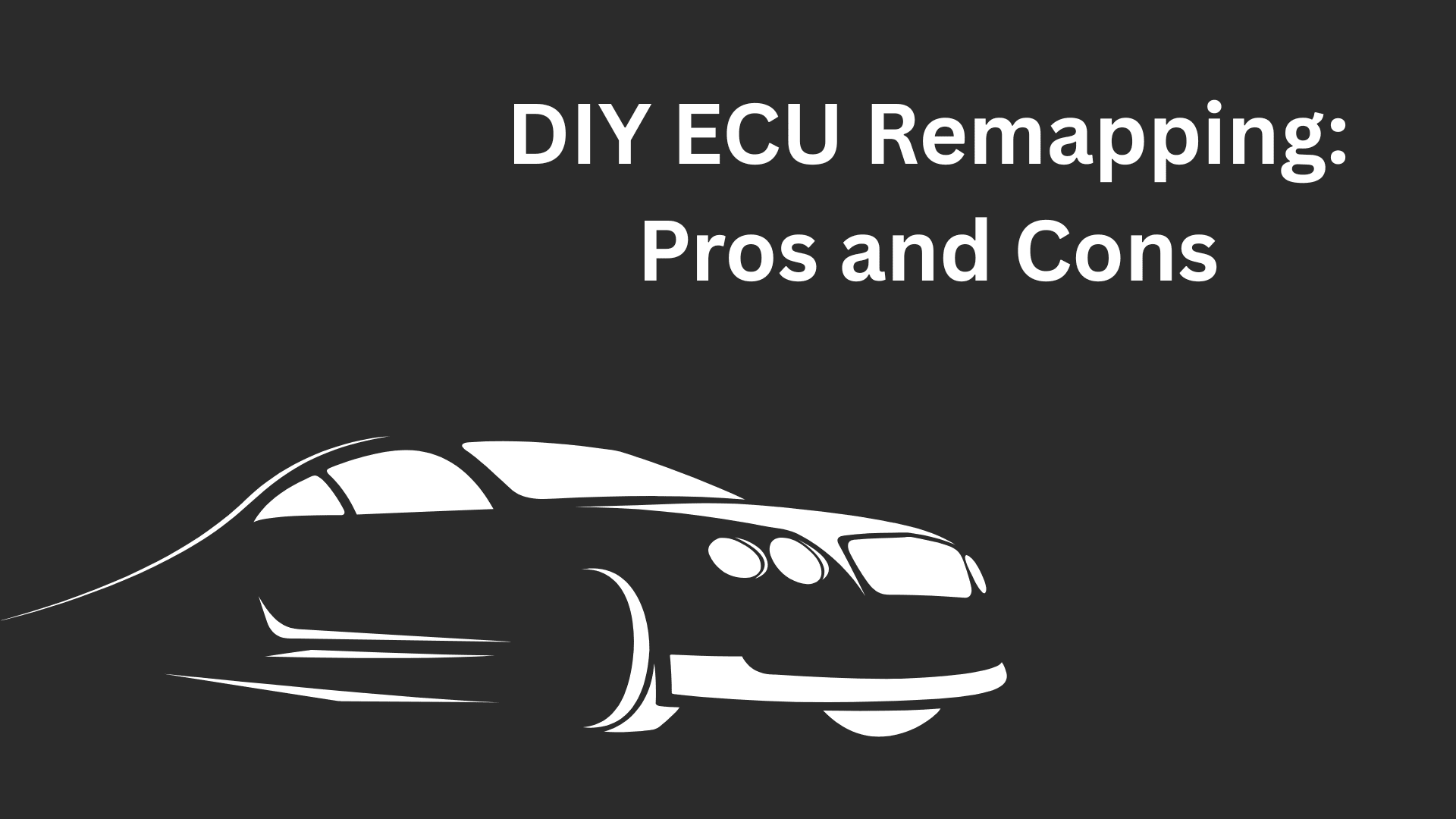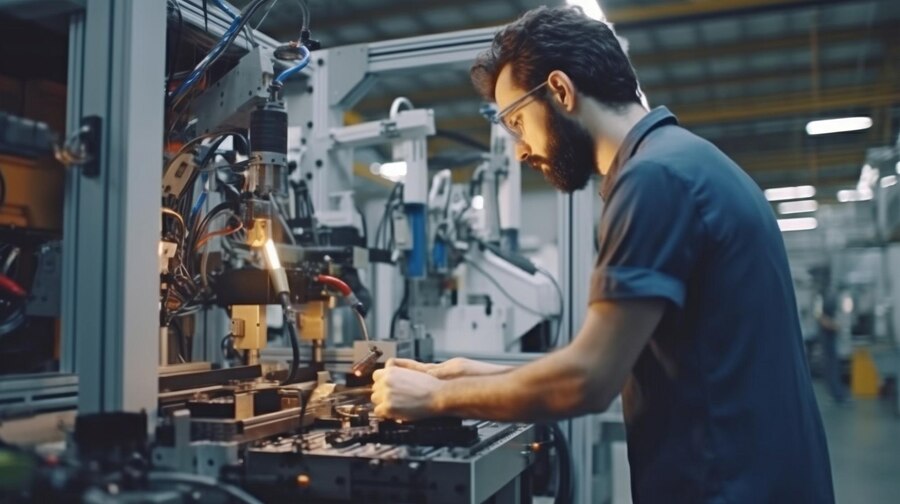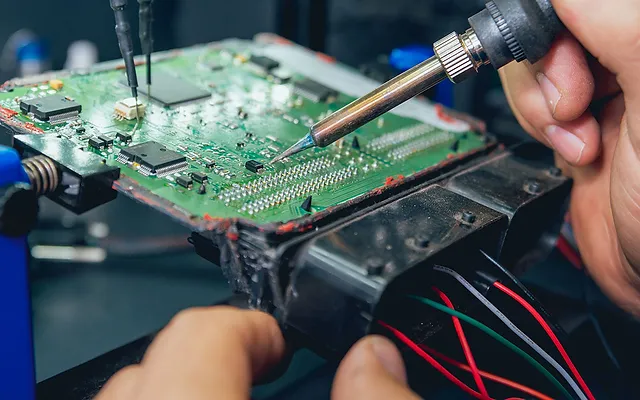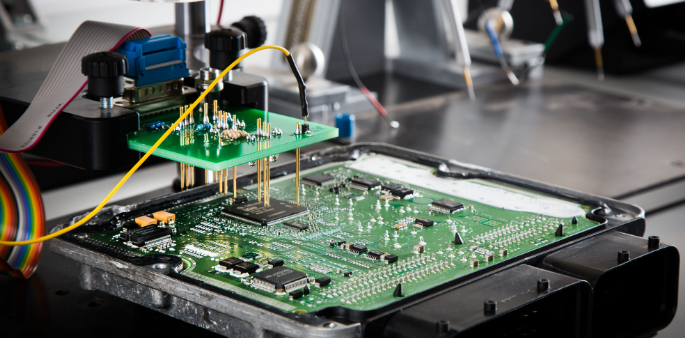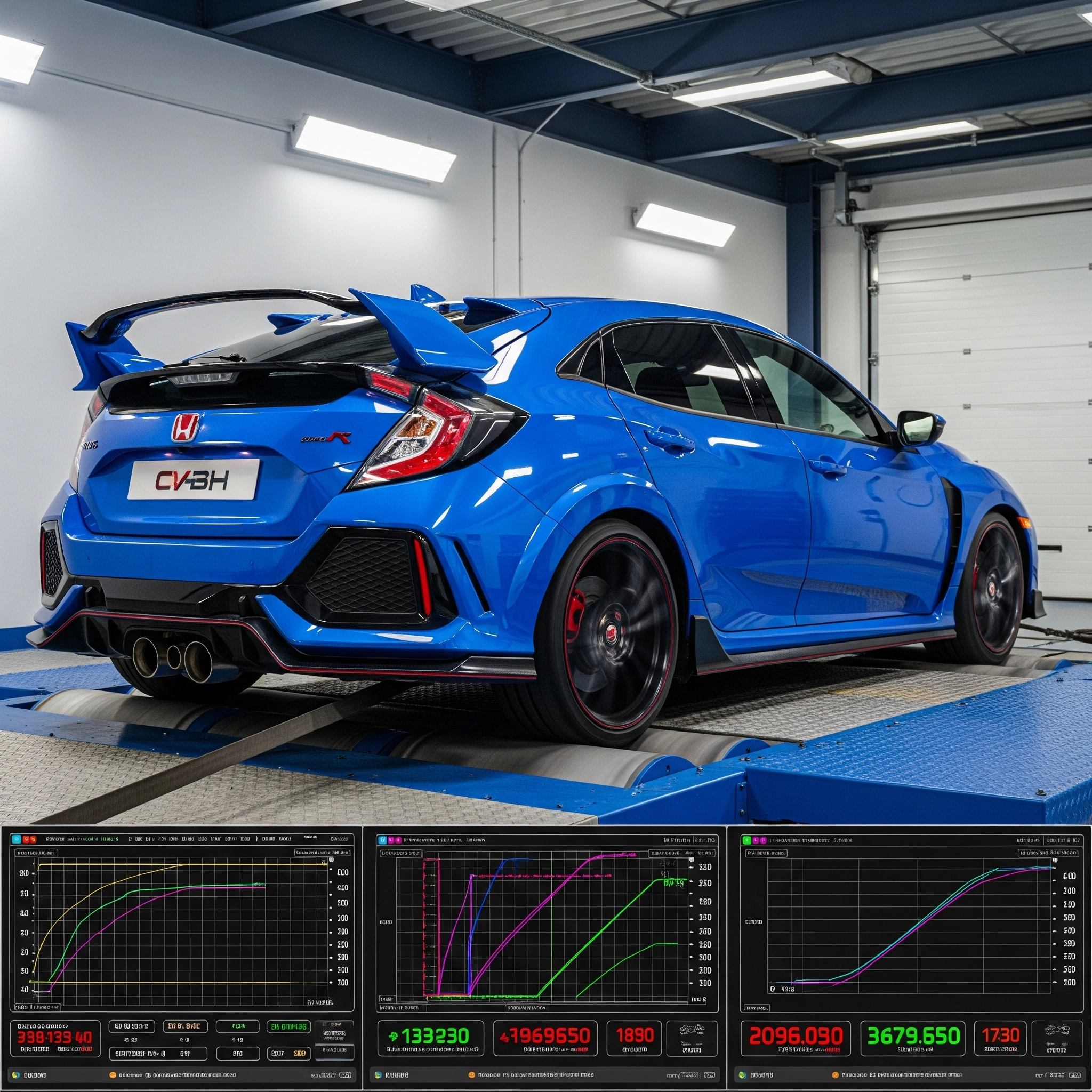DIY ECU Remapping: Pros and Cons
ECU remapping, also known as ECU tuning or chip tuning, is a popular method used to enhance a vehicle’s performance, fuel efficiency, and drivability. While professional tuning services are widely available, some car enthusiasts and mechanics opt for a do-it-yourself (DIY) approach to remapping their vehicle’s ECU. DIY ECU remapping involves using specialized tools and software to modify the ECU’s parameters without professional assistance. In this blog post, we will explore the pros and cons of DIY ECU remapping to help you make an informed decision if you are considering this venture.
Pros of DIY ECU Remapping
1. Cost Savings
One of the primary advantages of DIY ECU remapping is cost savings. Professional ECU tuning services can be expensive, especially for high-end performance cars. By undertaking the task yourself, you can save a significant amount of money and allocate your budget towards other vehicle modifications or upgrades.
2. Learning Experience
DIY ECU remapping provides a valuable learning experience for car enthusiasts and mechanics alike. Understanding how the ECU works and how different parameters affect engine performance can deepen your knowledge of automotive engineering. It allows you to gain insights into the intricacies of engine management systems, fuel delivery, ignition timing, and more.
3. Customization
DIY remapping gives you the flexibility to customize the ECU parameters according to your preferences and specific vehicle setup. You can tailor the engine map to suit your driving style, performance requirements, or modifications. This level of customization is appealing to those who seek a personalized driving experience.
4. Immediate Access
When you choose to remap your ECU on your own, you have immediate access to the tools and software required. There is no need to wait for an appointment with a professional tuner or deal with scheduling constraints. DIY remapping allows you to start the process whenever you are ready.
5. Revertibility
In most cases, DIY ECU remapping tools allow you to create a backup of the original ECU file before making any changes. This means you can revert to the stock ECU map at any time, returning the vehicle to its original state if needed. Having the ability to undo changes provides a safety net for experimenting with different settings.
Cons of DIY ECU Remapping
6. Technical Knowledge and Expertise
ECU remapping is a complex task that requires a deep understanding of engine management systems and tuning principles. Without proper technical knowledge and expertise, there is a significant risk of causing engine damage or performance issues. Incorrectly adjusted parameters can lead to engine knock, excessive heat buildup, and premature wear.
7. Potential Damage to the ECU
DIY ECU remapping carries the risk of damaging the ECU itself. Improper flashing or incorrect settings can cause the ECU to malfunction, requiring expensive repairs or even replacement. Professional tuners have the expertise to safeguard against such risks and ensure the process is performed correctly.
8. Warranty Void
DIY ECU remapping can void the vehicle’s warranty, as manufacturers often consider any unauthorized modification to the engine control system as a breach of warranty terms. If you encounter any issues with the vehicle, the manufacturer may refuse to cover repair costs if they detect ECU tampering.
9. Lack of Advanced Tools and Features
DIY remapping tools may not provide the same level of sophistication and advanced features that professional tuners have access to. Professional tools offer in-depth data analysis, custom map creation, and real-time data logging, allowing for precise tuning adjustments that DIY tools may lack.
10. Time-Consuming and Trial-and-Error Process
ECU remapping requires careful testing and adjustments to achieve the desired results. For DIY remappers, this can be a time-consuming and trial-and-error process. Without access to a dyno or professional tuning expertise, it may take several attempts to find the optimal settings.
11. Legal and Emission Compliance
In some regions, DIY ECU remapping may not comply with emission standards or road legality. Modifying engine parameters can lead to increased emissions or non-compliance with emission regulations, resulting in potential legal issues and fines.
Conclusion
DIY ECU remapping offers cost savings, customization, and a valuable learning experience for car enthusiasts and mechanics. However, it also comes with significant risks, including potential damage to the ECU, voiding the vehicle’s warranty, and lack of advanced tuning tools. Without proper technical knowledge and expertise, the DIY approach can lead to poor engine performance or even engine damage.
For those interested in ECU remapping, it is essential to weigh the pros and cons carefully. If you are inexperienced or unsure about the process, seeking professional tuning services is a safer option. Professional tuners have the necessary expertise, advanced tools, and experience to ensure the remapping process is performed correctly, leading to optimal engine performance and drivability without compromising the vehicle’s reliability and warranty coverage.
Related Courses
- Webinar
- Includes Certificate
- Webinar
- Includes Certificate
- Webinar
- Includes Certificate

